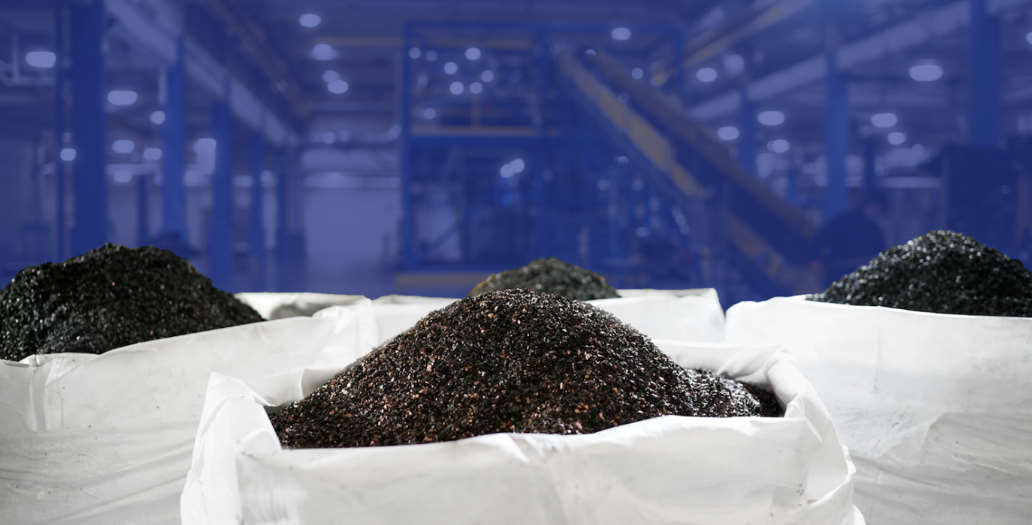The automotive sector is experiencing historical changes that will soon redefine the entire industry. The introduction of new electric vehicles comes at a moment when sustainability and environmental defense sound imperative worldwide. However, electric vehicles pose new challenges for car owners, manufacturers, and car assistance service companies, such as automotive locksmiths.
Traditional Cars vs New EVs
Traditional car engines and ignition systems have no secret for professional locksmiths who can repair and fix all kinds of car issues, such as broken car door locks, car key needing for reprogramming, duplication of car key, and more. All car owners have to do is to look for a service “car locksmith near me” and a certified car locksmith will come to fix the problem round the clock.
But things are changed, as we’ve said. Black mass is one of the biggest hindrance within EVs. Our article will dive into the black mass issue and its impact on the automotive industry.
Black Mass – Definition and Potential
Black mass is a dark and powdery mixture of metals, including lithium, cobalt, and nickel, that results from crushing car batteries. Black mass is considered a commodity, especially by companies like Glencore that already showed interest in trading black mass. This waste powder appears with regular price adjustment in the market, which reflects its increasing weight from a financial viewpoint.
The value of black mass grows proportionally with the need for recycling batteries to build sustainable supplies. Western countries are competing with China in this field. At present, the Chinese government dominates the treatment of black mass, which has encouraged manufacturers like BMW, Mercedes-Benz, and Ford to forge partnerships to scout and find new opportunities in the RV recycling segment.
Recycling Regulations
According to S&P Global Commodity Insights, up to 15% of global lithium supply comes from recycled materials, while nickel accounts for 11% and cobalt for 44%. Recycling of such minerals paves the way to a more sustainable approach, but not all EV batteries contain the same amount of each mineral. For example, battery cells are less attractive than batteries because of a smaller amount of metal and more complex processing conditions.
Black mass poses a big challenge, although its role seems to grow exponentially. The EU has classified black mass as dangerous material, which adds extra complexity to the packing and trading processes. European regulations make lithium-ion battery recycling more challenging. Looking at the future, market experts reassure that black mass is and will stay a promising horizon to explore for companies with an interest in investing in advanced recycling technologies. Glencore has confimed this position by announcing a plan to process black mass in Sardinia, Italy.
Final Thoughts
Black mass has become a keyword in today’s environmental protection beyond being a significant element in the EV sector. Creating a more sustainable world means facing new challenges within the black mass processing. It’s a condition that the acceleration toward an electric-driven future makes imperative. Also, processing black mass helps the EV industry meet environment-dedicated requirements, such as reducing emissions and recycling battery-derived materials.
The rise of black mass shows that the EV industry has moved a step forward in turning what was once waste into a profitable resource.

Stay up to date with recent funding rounds, acquisitions, and more with the Crunchbase Daily.











67.1K Followers